News
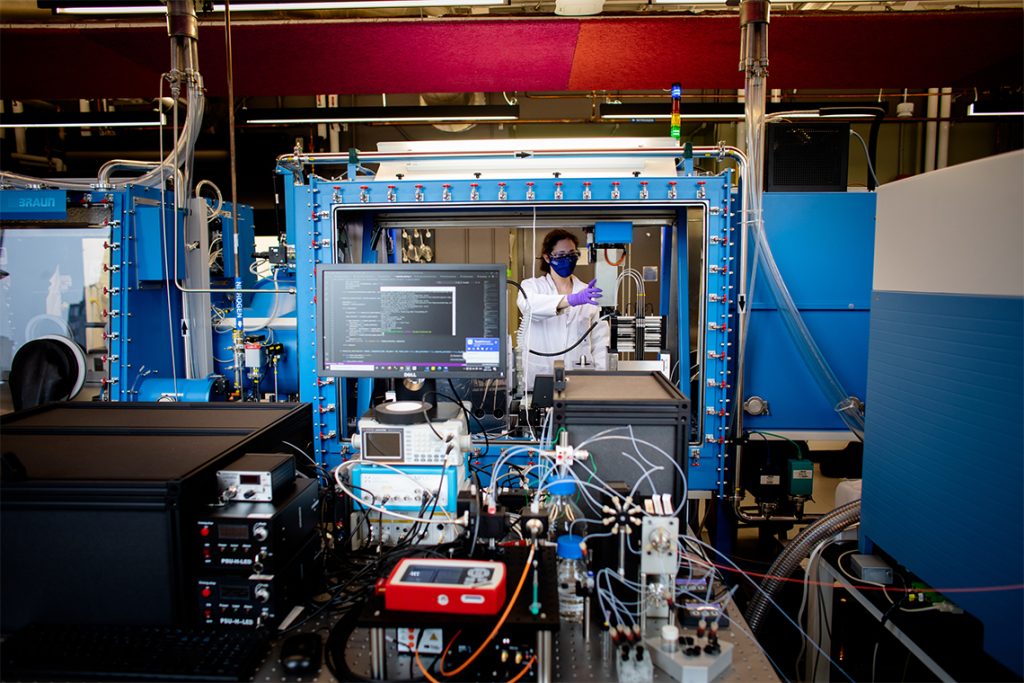
U of T receives $200-million grant to support Acceleration Consortium's ‘self-driving labs’ research
April 28, 2023
The University of Toronto has been awarded a $200-million grant from the Canada First Research Excellence Fund (CFREF) to revolutionize the speed and impact of scientific discovery through its Acceleration Consortium. The funding – the largest federal research grant ever awarded to a Canadian university – will support the consortium’s work on “self-driving labs” that combine artificial intelligence, robotics and advanced computing to discover new materials and molecules in a fraction of the usual time and cost.
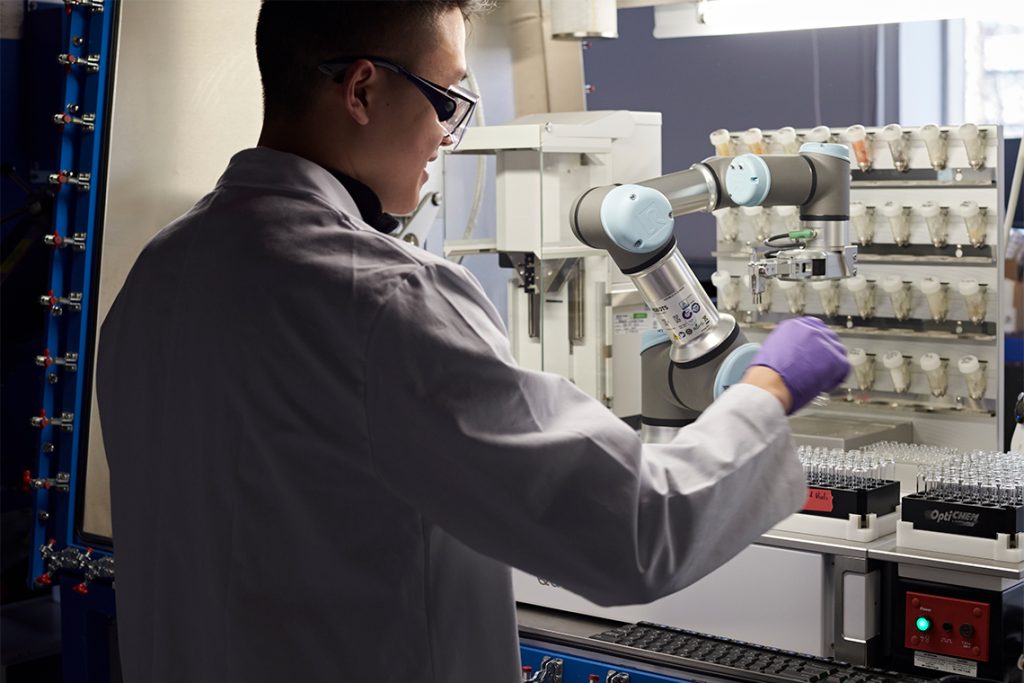
Experts say $200-million grant awarded to U of T will drive ‘big science’ via the Acceleration Consortium
April 28, 2023
The Acceleration Consortium will use the funding to commercialize ethically designed technologies and materials to benefit society and train today’s scientists with the skills they need to advance the emerging field of accelerated materials discovery. It will also examine critical issues regarding the application of the technology, including from environmental and Indigenous perspectives.

U of T-led collaboration to develop community-tailored clean energy technologies
April 25, 2023
The CANSTOREnergy project brings together researchers from 11 Canadian universities, along with community, utility and industry partners, to develop technologies that convert carbon-based emissions into useful products, such as fuels and raw materials, and create a net-zero means of seasonal storage for renewable energy that meets specific community needs.
Led by researchers from U of T’s Climate Positive Energy initiative, the collaborative effort is being supported by $24 million through the federal New Frontiers in Research Fund’s 2022 Transformation Competition.

Seven U of T students receive inaugural Inlight Research Fellowships in support of mental health research
April 20, 2023
“The Inlight Research Fellowship Program supports exceptional graduate students in becoming independent researchers in the field of post-secondary student mental health, because they are the future of this field of research and their perspectives matter,” says Kristin Cleverley, director and chair of Inlight and an associate professor at the Lawrence S. Bloomberg Faculty of Nursing.
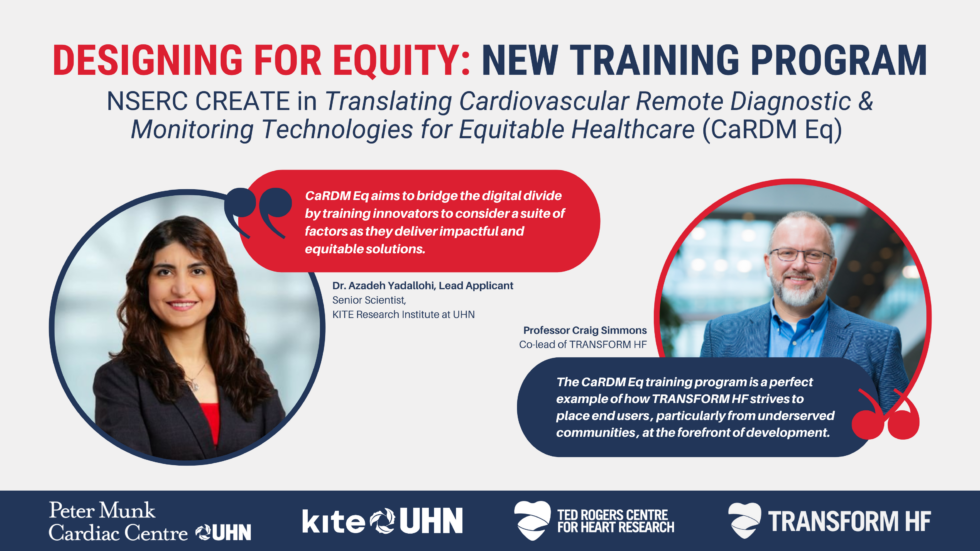
Designing for Equity: New Grant Advances Digital Innovation for Equitable Heart Failure Care
April 18, 2023
TRANSFORM HF has been awarded a $1.65 million 6-year NSERC Collaborative Research and Training Experience (CREATE) grant to train the next generation of digital health innovators to design for equity. "Translating Cardiovascular Remote Diagnostic and Monitoring Technologies for Equitable Healthcare," or CaRDM Eq, is the first training program of its kind, and one of only 20 initiatives being funded through the national NSERC CREATE program.

Robotic nano-surgery shown to be effective at treating brain cancer in pre-clinical models
April 14, 2023
Researchers at SickKids and U of T's Robotics Institute have teamed up to develop a new treatment option for patients diagnosed with glioblastoma (GBM) — the most common and aggressive form of brain cancer – the average life expectancy after a diagnosis is around 15 months.
Profs. Yu Sun and Xi Huang, hope to change this dire statistic with the help of magnetically guided robotic nano-scalpels that can precisely target cancer cells and kill them.
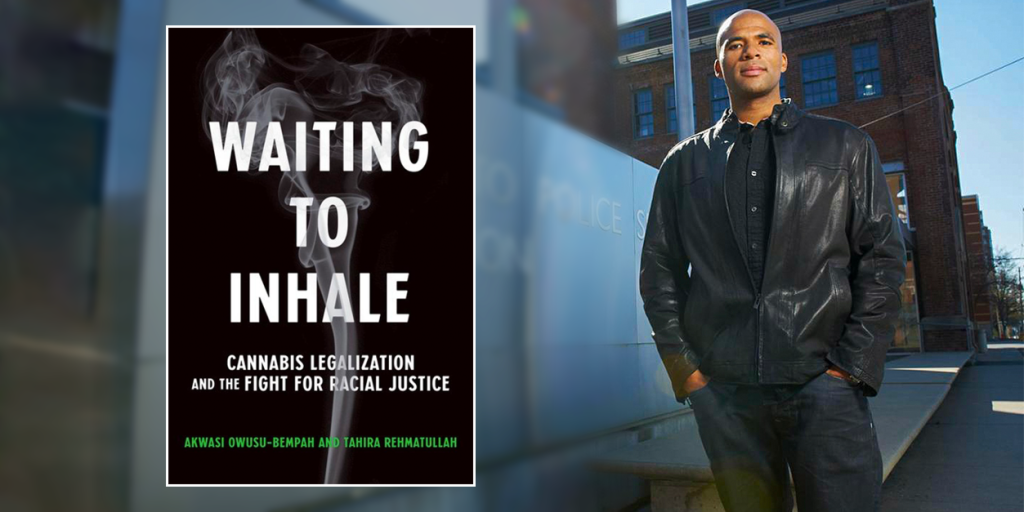
Waiting to inhale: U of T researcher, Akwasi Owusu-Bempah, explores the link between cannabis laws and racial injustice
April 13, 2023
A new co-authored book by Akwasi Owusu-Bempah, an associate professor in the department of sociology at the University of Toronto Mississauga, examines how harsh cannabis laws have contributed to racial injustice – and how to repair the communities most affected. "Waiting to Inhale: Cannabis Legalization and the Fight for Racial Justice" illuminates how the war on drugs has disproportionally impacted Black and Indigenous communities in the United States through the stories of people who are on the front lines of advocacy.

Celebrating the first Graduates of the Data Sciences Institute’s Professional Data Science Certificate Program
April 11, 2023
This spring, Data Sciences Institute celebrates the graduation of the first cohort of students that are completing the Data Science Certificate program.
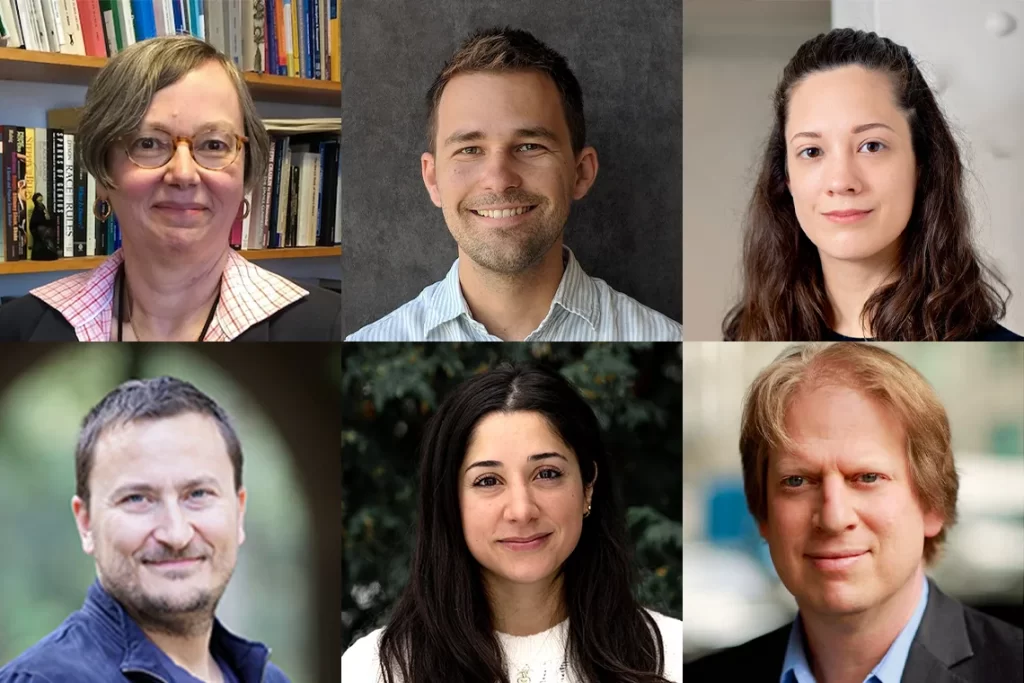
Brave new tech: Experts say AI tools like ChatGPT – and the ethical questions they raise – are here to stay
April 5, 2023
In recent months, news headlines have outlined the issues relating to generative AI tools and content. Illustrators, graphic designers, photographers, musicians and writers have expressed concerns about losing income to generative AI and having their creations used as source material without permission or compensation.
On the academic front, instructors are having to cope with students submitting work written by ChatGPT and are re-evaluating how best to teach and assess courses as a result. Institutions such as U of T are examining the ramifications of this technology and providing guidelines for students and instructors.
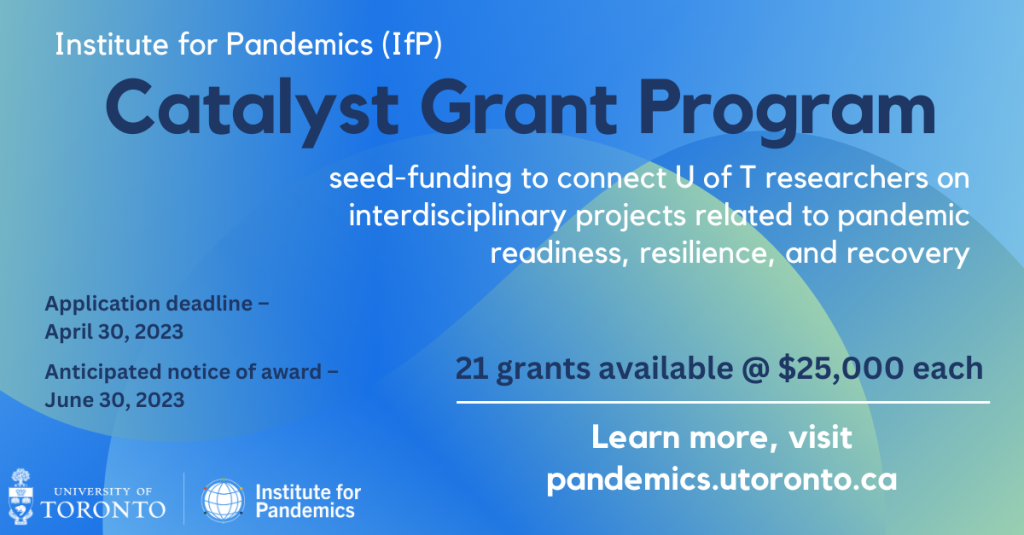
Institute for Pandemics: Catalyst and research development grant program — call for proposals
March 24, 2023
The IfP catalyst and development grants aim to provide seed funding to help U of T researchers, from multiple disciplines, connect and collaborate on projects related to pandemic readiness, resilience, and recovery.
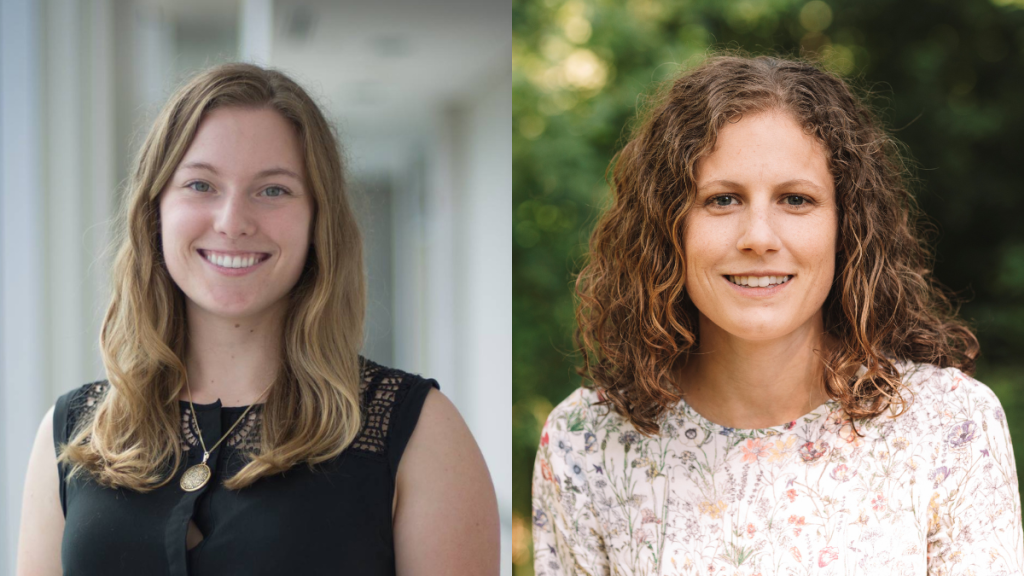
World Tuberculosis Day: How EPIC researchers at U of T are making an impact
March 24, 2023
Members of the University of Toronto’s Emerging and Pandemic Infections Consortium are working to tackle TB from multiple angles, from creating better vaccines to gaining a deeper understanding of TB’s financial toll on patients and families.

Polygenic Risk Score Grant Winners Announced: Advancing Genomic Medicine Through Innovative Research
March 17, 2023
The Data Sciences Institute (DSI) is pleased to announce the recipients of the DSI-McLaughlin Centre Polygenic Risk Score Grant competition. This grant, created in partnership with the University of Toronto’s McLaughlin Centre and the Dalla Lana School of Public Health, aims to support emerging research and build capacity in the field of polygenic risk score studies. Polygenic risk scores enable researchers to use multiple genetic factors to estimate an individual’s genetic risk for complex diseases, providing important information for predicting, preventing and treating diseases.
